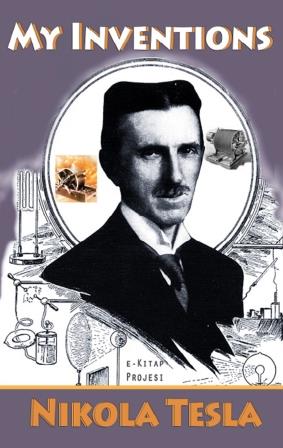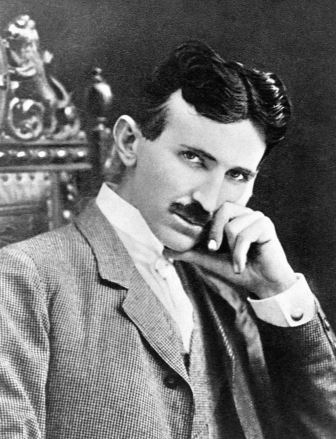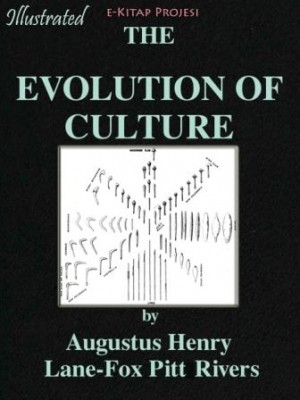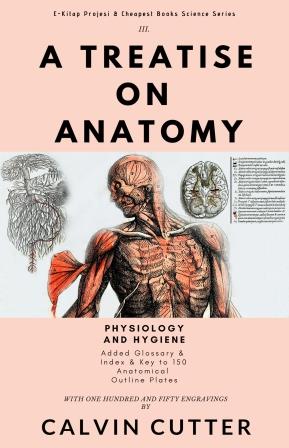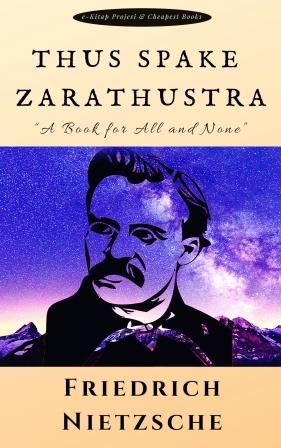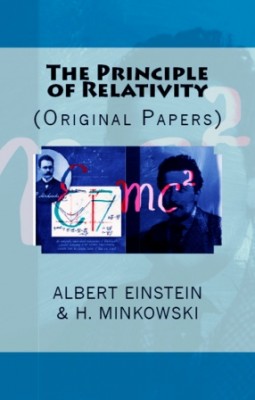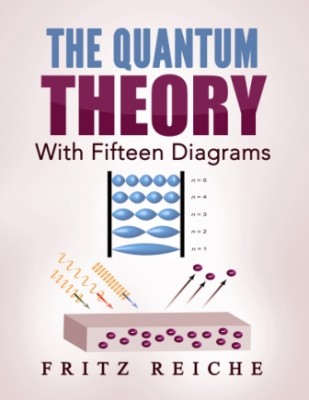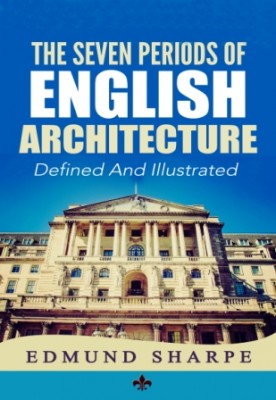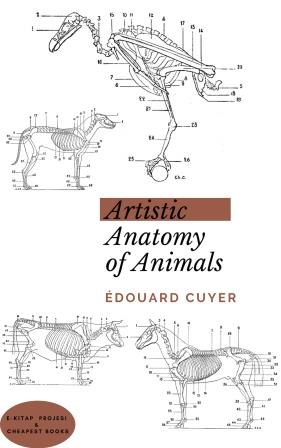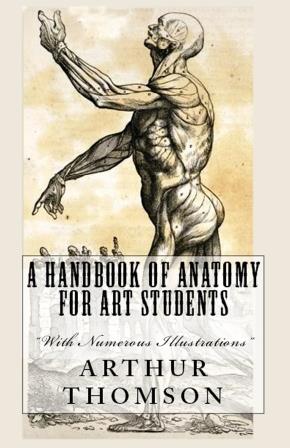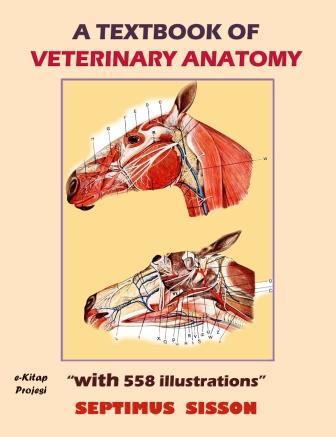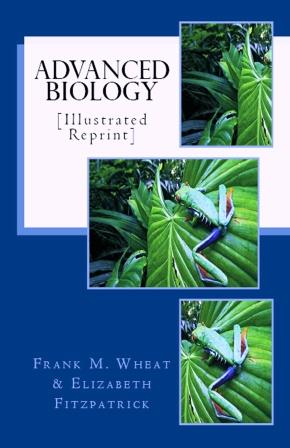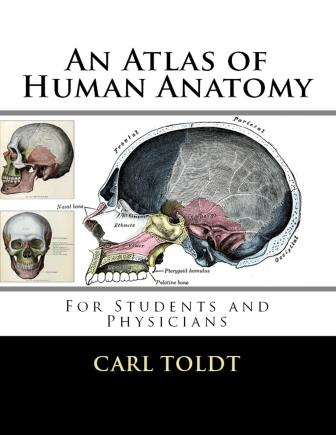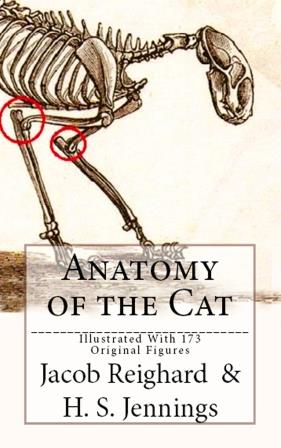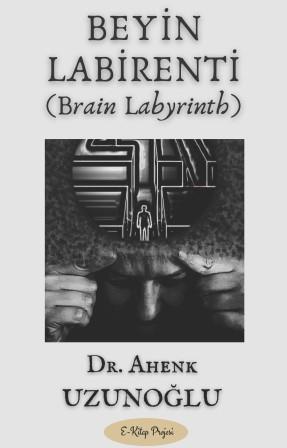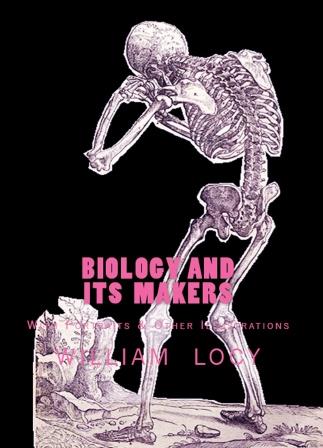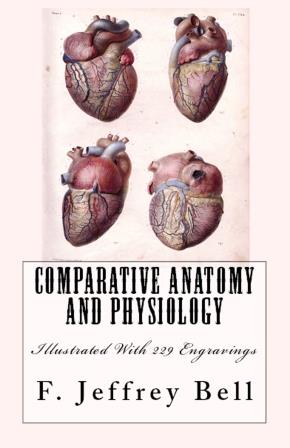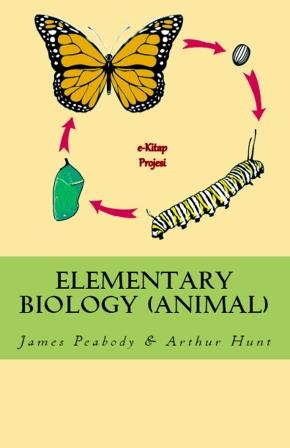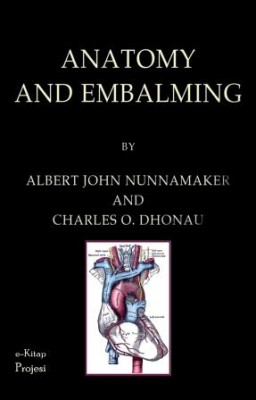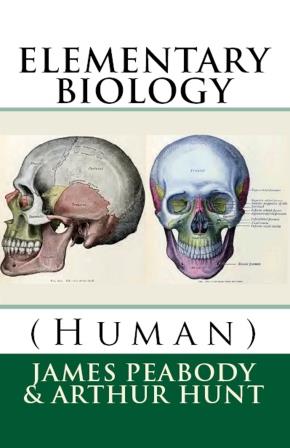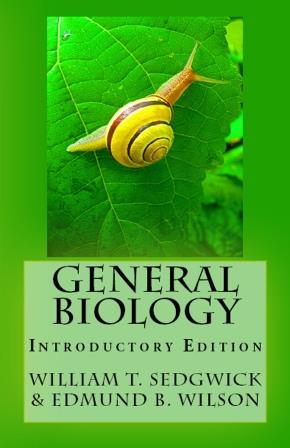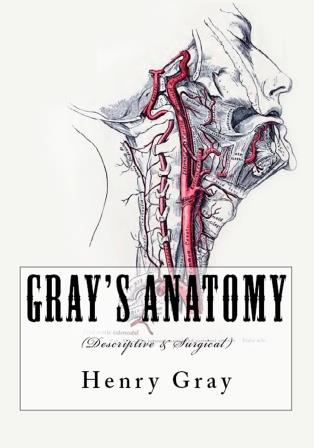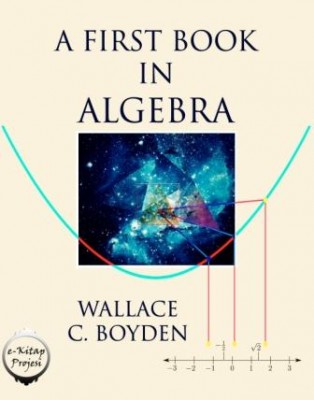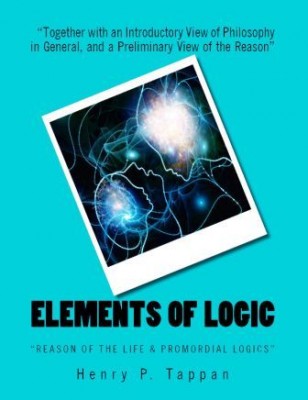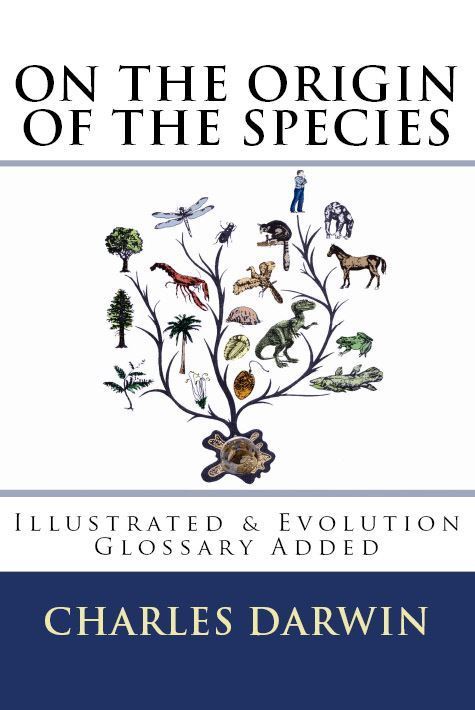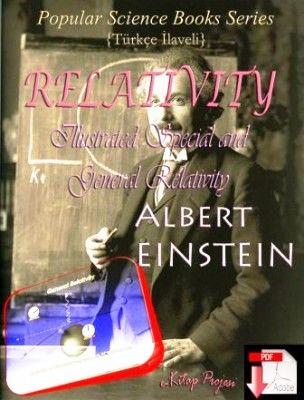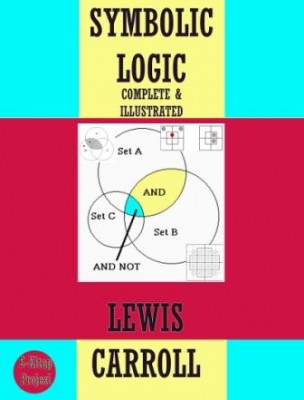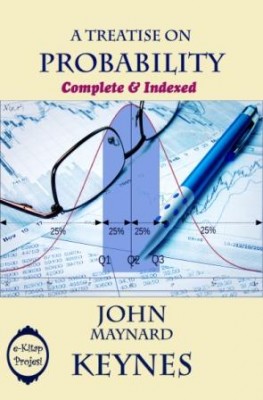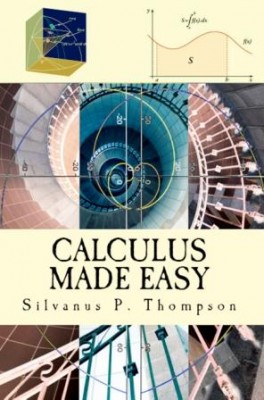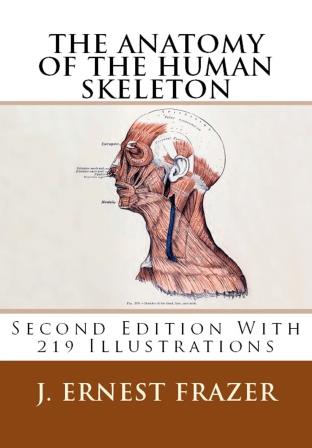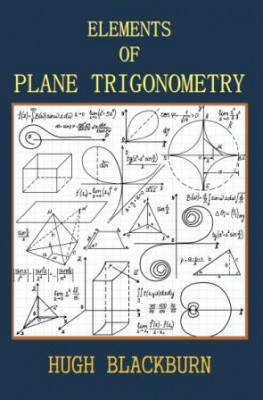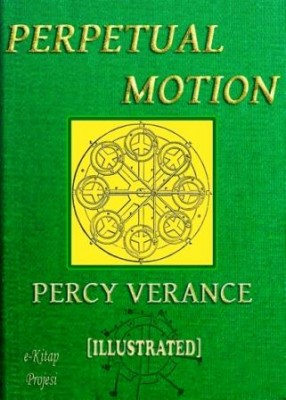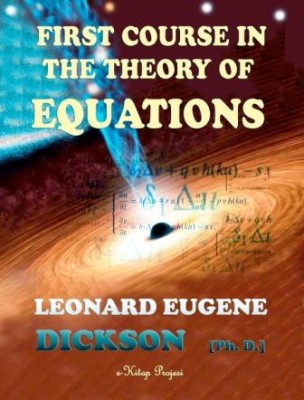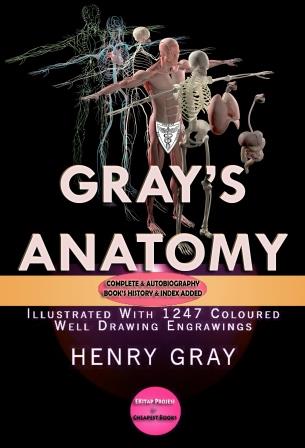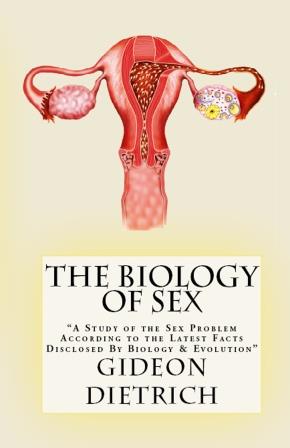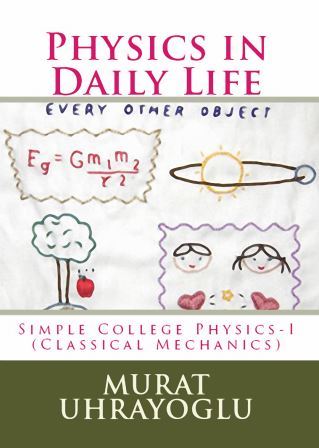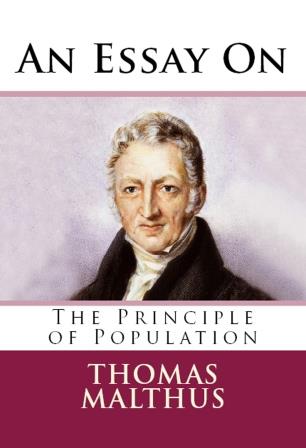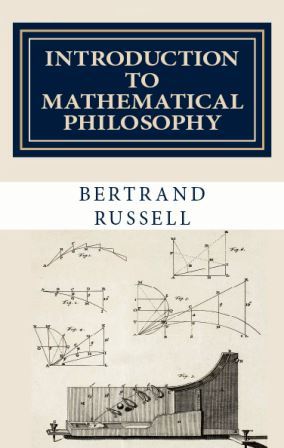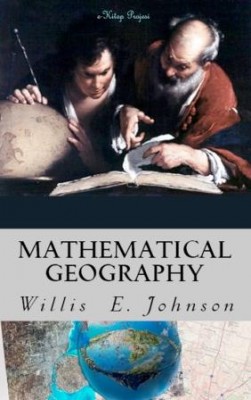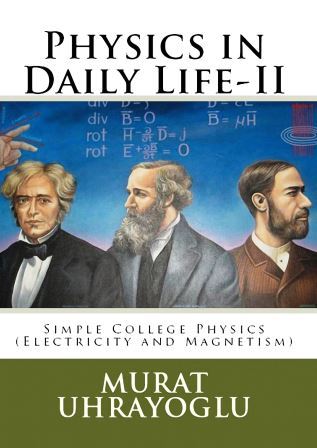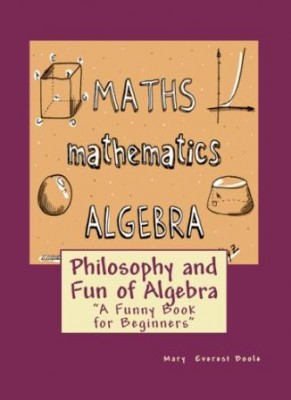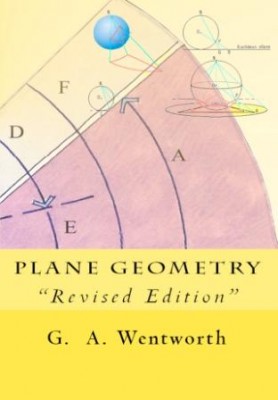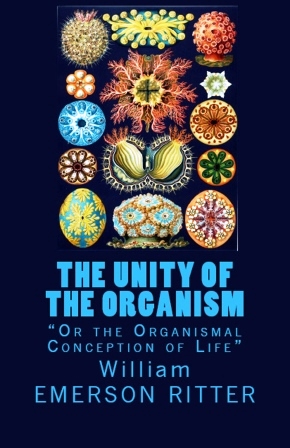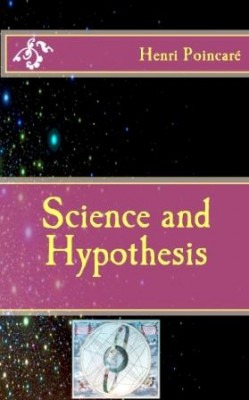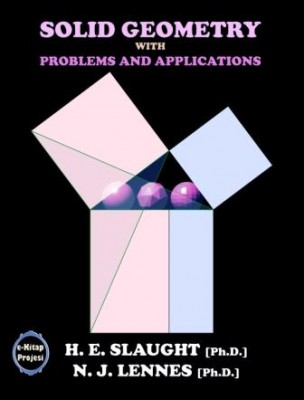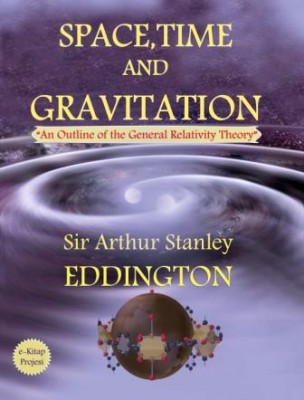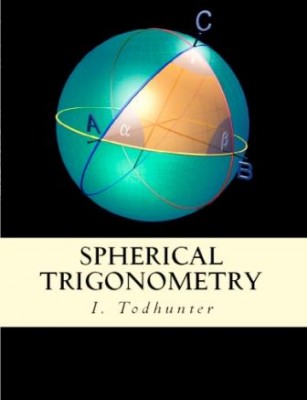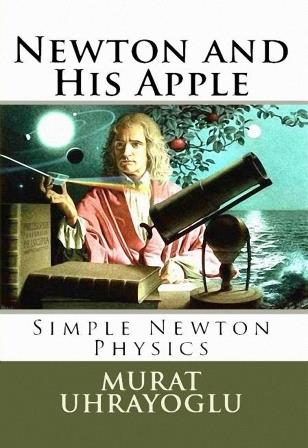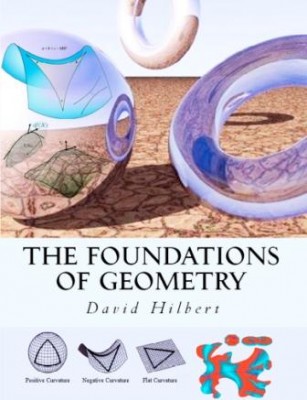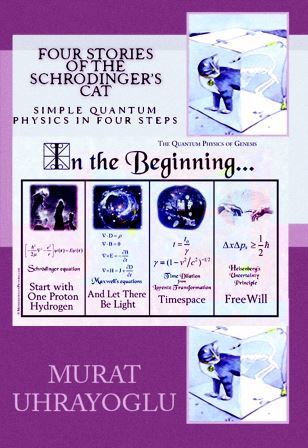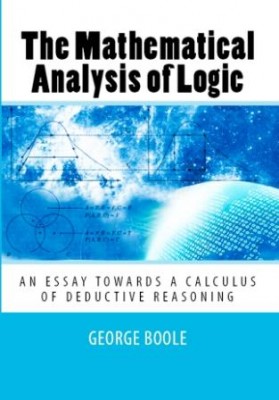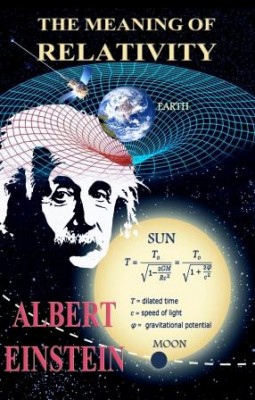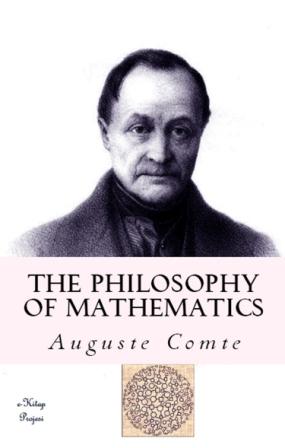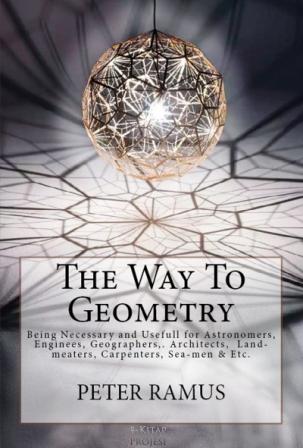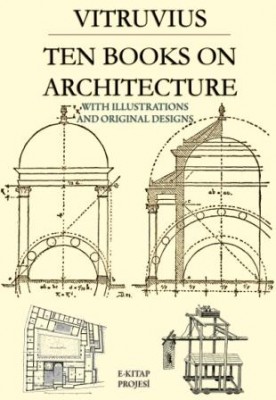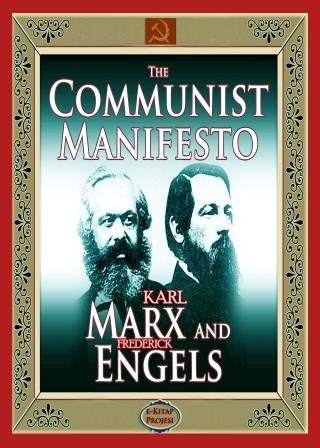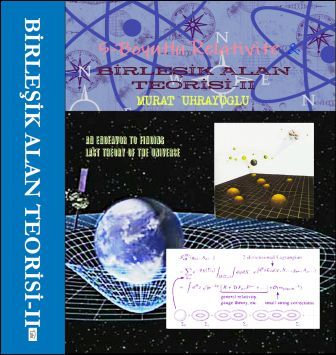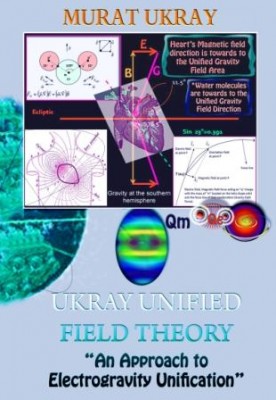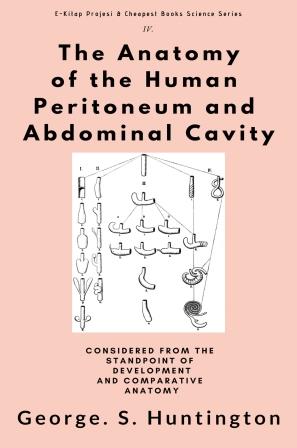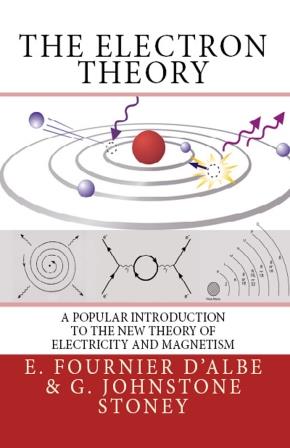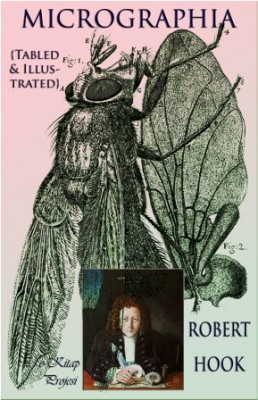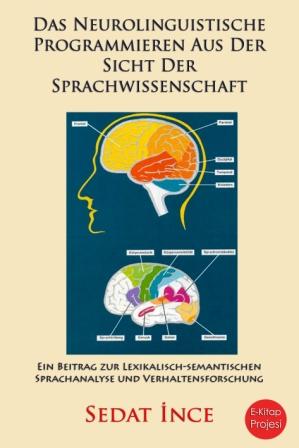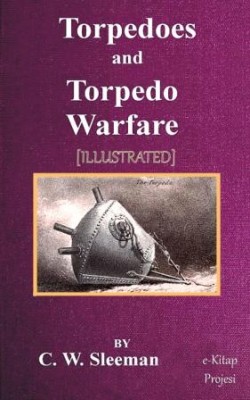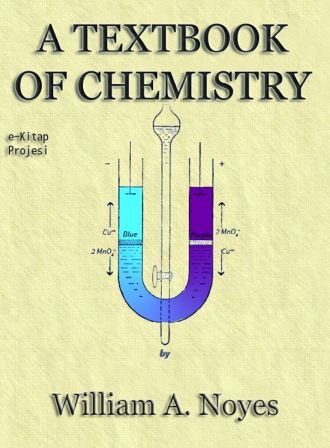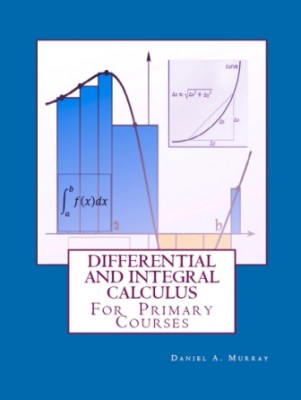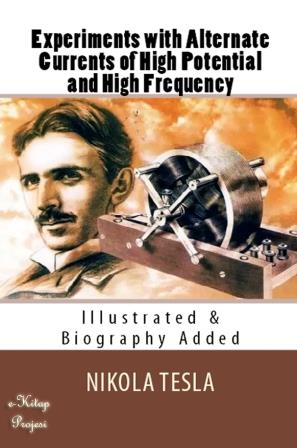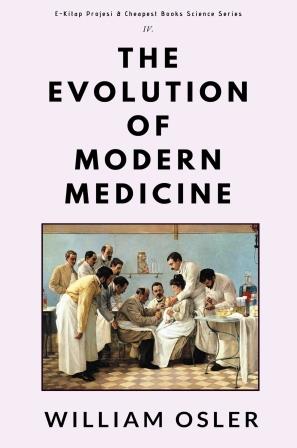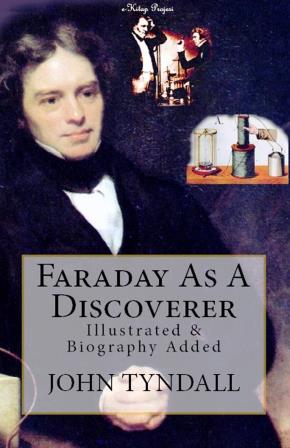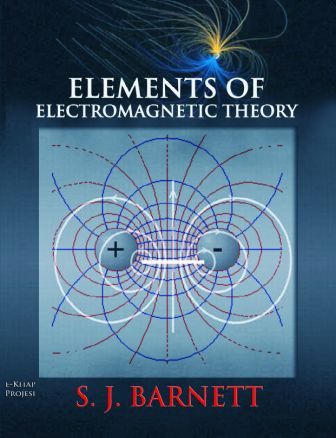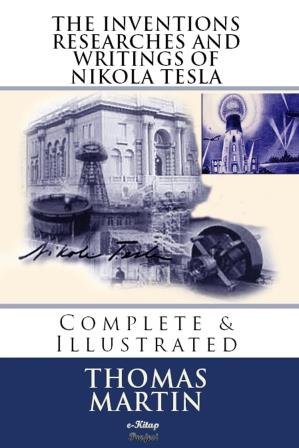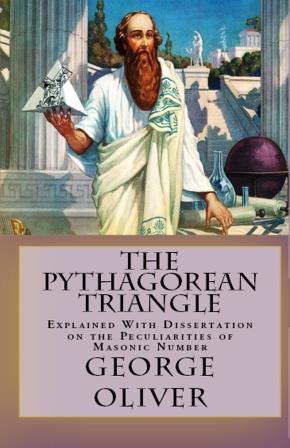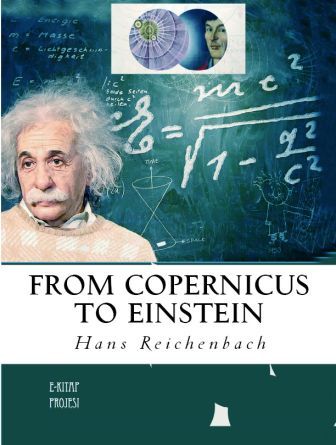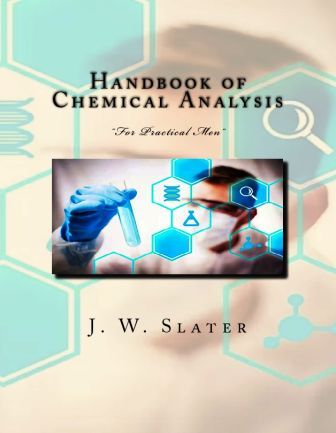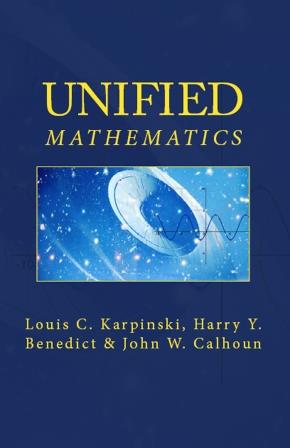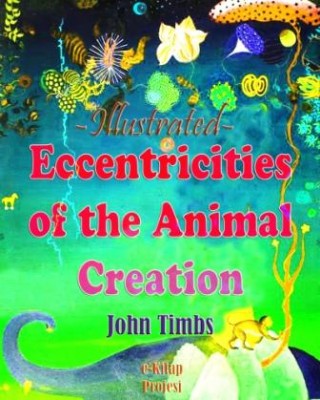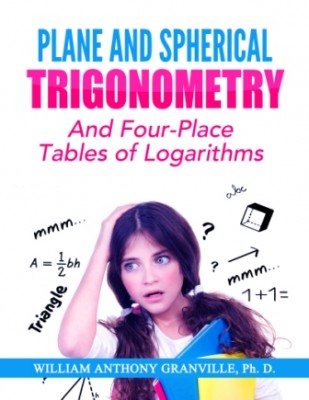Nikola Tesla (1856–1943) was one of the greatest and most enigmatic scientists who played a key role in the development of electromagnetism and other scientific discoveries of his time. Despite his breathtaking number of patents and discoveries, his achievements were often underplayed during his lifetime.
Short Biography Nikola Tesla:
Nikola Tesla was born 10 July 1856, of Serbian nationality in Smiljan, the Austrian Empire. Tesla was a bright student and in 1875 went to the Austrian Polytechnic in Graz. However, he left to gain employment in Marburg in Slovenia. Evidence of his difficult temperament sometimes manifested and after an estrangement from his family, he suffered a nervous breakdown. He later enrolled in the Charles Ferdinand University in Prague, but again he left before completing his degree.
During his early life, he experienced many periods of illness and periods of startling inspiration. Accompanied by blinding flashes of light, he would often visualise mechanical and theoretical inventions spontaneously. He had a unique capacity to visualise images in his head. When working on projects, he would rarely write down plans or scale drawings, but rely on the images in his mind.
In 1880, he moved to Budapest where he worked for a telegraph company. During this time, he became acquainted with twin turbines and helped develop a device that provided amplification for when using the telephone.
In 1882, he moved to Paris, where he worked for the Continental Edison Company. Here he improved various devices used by the Edison company. He also conceived the induction motor and devices that used rotating magnetic fields.
With a strong letter of recommendation, Tesla went to the United States in 1884 to work for the Edison Machine Works company. Here he became one of the chief engineers and designers. Tesla was given a task to improve the electrical system of direct current generators. Tesla claimed he was offered $50,000 if he could significantly improve the motor generators. However, after completing his task, Tesla received no reward. This was one of several factors that led to a deep rivalry and bitterness between Tesla and Thomas Edison. It was to become a defining feature of Tesla’s life and impacted his financial situation and prestige. This deep rivalry was also seen as a reason why neither Tesla or Edison was awarded a Nobel prize for their electrical discoveries.
Disgusted that he did not ever receive a pay rise, Tesla resigned, and for a short while, found himself having to gain employment digging ditches for the Edison telephone company.
In 1886, Tesla formed his own company, but it wasn’t a success as his backers didn’t support his faith in AC current.
In 1887, Tesla worked on a form of X-Rays. He was able to photograph the bones in his hand; he also became aware of the side-effects of using radiation. However, his work in this area gained little coverage, and much of his research was later lost in a fire at a New York warehouse.
“The scientific man does not aim at an immediate result. He does not expect that his advanced ideas will be readily taken up… His duty is to lay the foundation for those who are to come, and point the way.”
– Nikola Tesla, Modern Mechanics and Inventions (July 1934)
